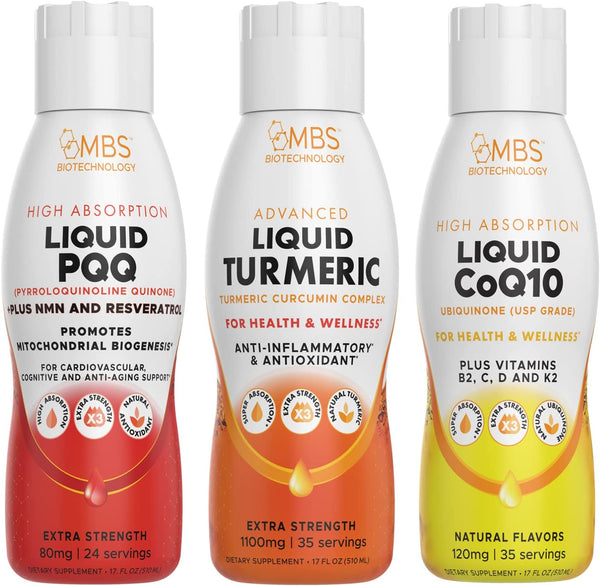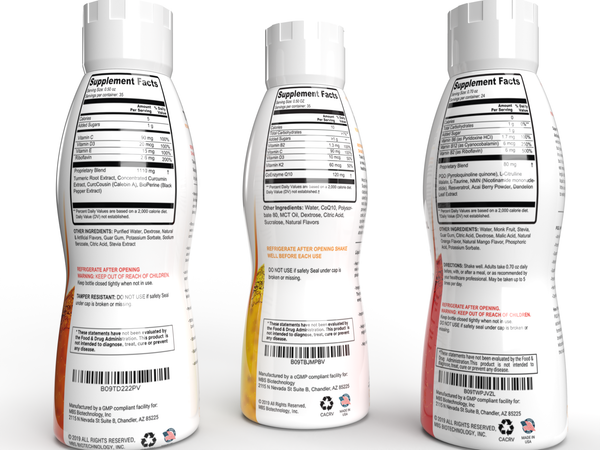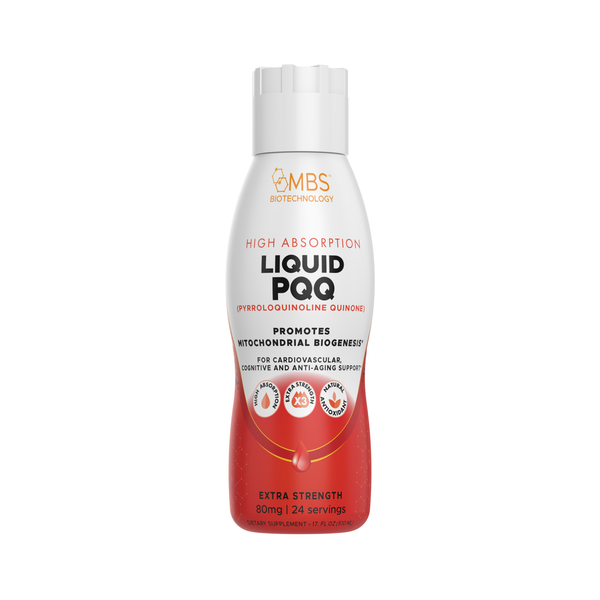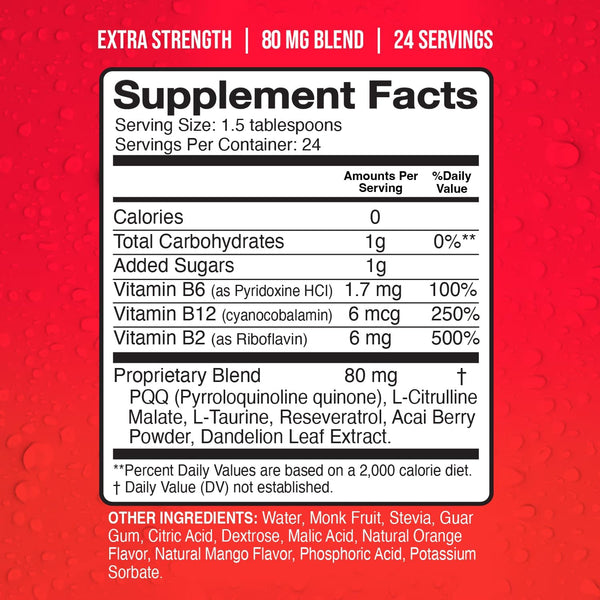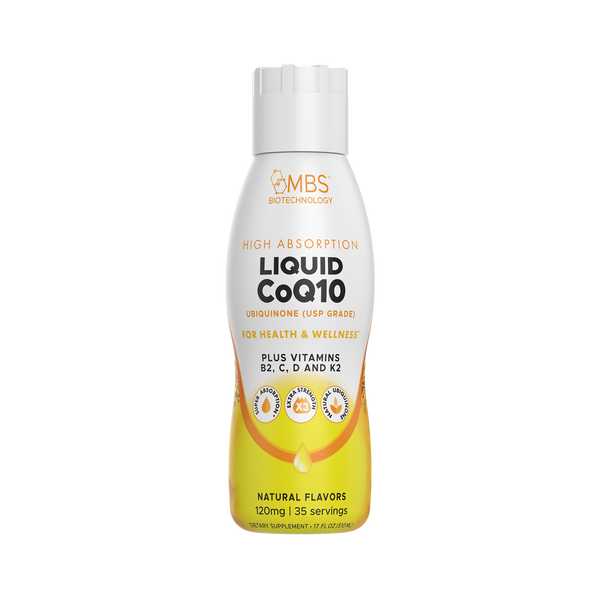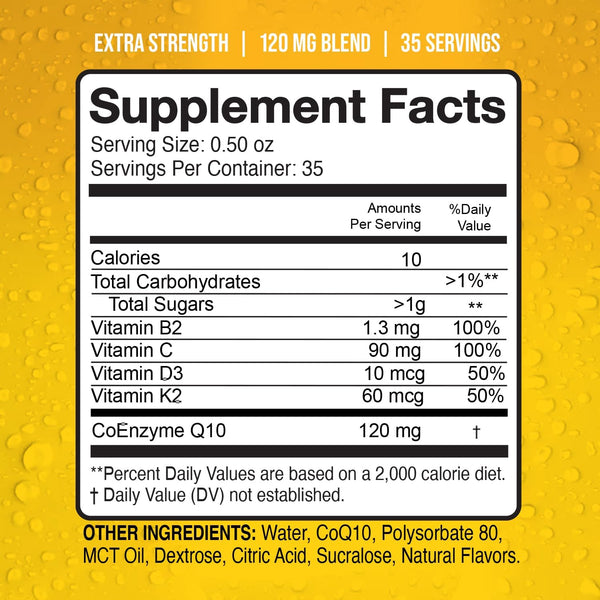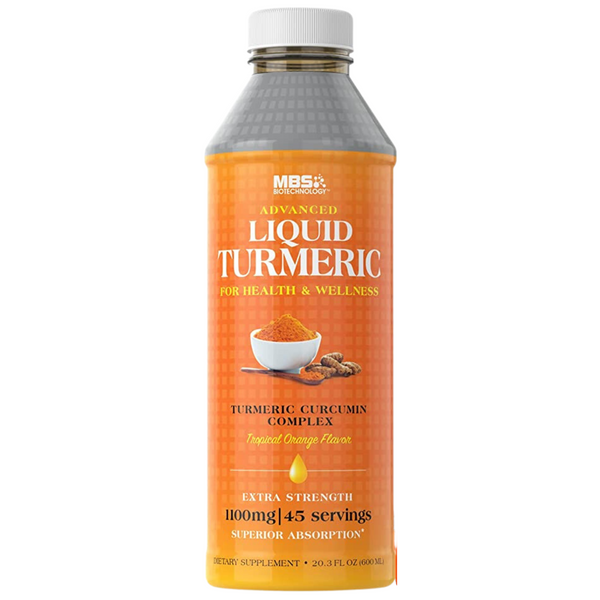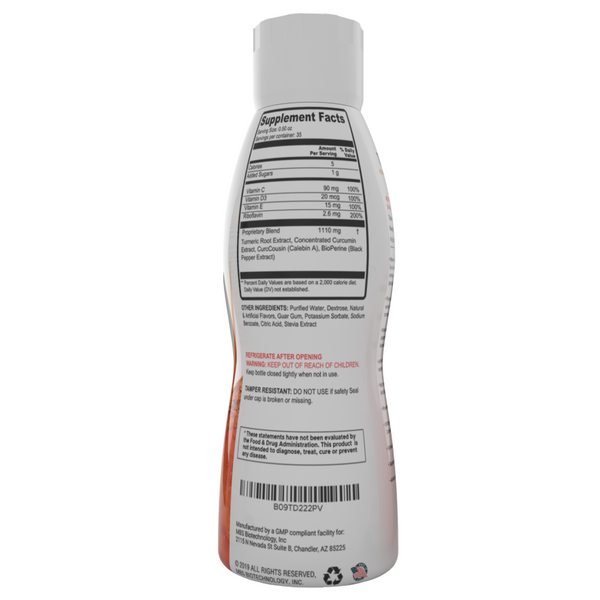
Nutritional Supplements: The Good, the Bad, and the Ugly
Nutritional supplements are a multi-billion dollar industry, and for good reason. Millions of people around the world take supplements in the hopes of improving their health. But what exactly are nutritional supplements, and do they really work?
In this article, we'll take a closer look at the science behind nutritional supplements and discuss the potential benefits and risks. We'll also provide some tips on how to choose the right supplements for you.
What are nutritional supplements?
Nutritional supplements are any product that contains a nutrient or combination of nutrients that are intended to be consumed in addition to a healthy diet. Supplements can come in a variety of forms, including capsules, tablets, liquids, and powders.
The point of supplements is to bridge the gap between what you eat every day and what your body needs to stay healthy. They range from multivitamins to single vitamins like Vitamin C or zinc. And while they may not replace a balanced diet full of nutritious foods like vegetables, fruits, lean proteins and whole grains—they can provide additional support for those times when we don’t have access to all the nutrients that our bodies need.
What are the benefits of nutritional supplements?
There are many potential benefits to taking nutritional supplements, including:
- Improved overall health: Nutritional supplements can help to improve your overall health by providing your body with the nutrients it needs to function properly.
- Increased energy levels: Nutritional supplements can help to increase your energy levels by providing your body with the nutrients it needs to produce energy.
- Improved immune function: Nutritional supplements can help to improve your immune function by providing your body with the nutrients it needs to fight off infection.
- Improved mental clarity: Nutritional supplements can help to improve your mental clarity by providing your brain with the nutrients it needs to function properly.
- Improved mood: Nutritional supplements can help to improve your mood by providing your brain with the nutrients it needs to produce serotonin, a neurotransmitter that helps to regulate mood.
What are the risks of nutritional supplements?
There are also some risks associated with taking nutritional supplements, including:
- Side effects: Some supplements can cause side effects, such as upset stomach, diarrhea, and headaches.
- Interactions with medications: Some supplements can interact with medications, so it's important to talk to your doctor before taking any supplements if you're taking any medications.
- Overdose: It's possible to overdose on some supplements, so it's important to take them in the recommended dosage.
How to choose the right nutritional supplements for you
If you're considering taking nutritional supplements, it's important to talk to your doctor first. They can help you determine if supplements are right for you and recommend the right ones for your individual needs.
When choosing nutritional supplements, it's important to look for products that are:
- Manufactured in a cGMP-certified facility: This means that the supplement has been manufactured in a facility that meets certain quality standards.
- Third-party tested: This means that the supplement has been tested by an independent lab to ensure that it contains the ingredients and amount listed on the label.
- Safe and effective: This means that the supplement has been shown to be safe and effective in clinical trials.
Which supplements should I take?
The best supplements for you will depend on your individual needs and circumstances. If you are unsure which supplements are right for you, it is important to talk to your doctor or a registered dietitian. They can help you create a personalized supplement plan that meets your specific needs.
Here are some examples of supplements that you may want to consider:
- Iodine drops: Iodine is an essential mineral that helps regulate your thyroid gland. Iodine deficiency can lead to a number of health problems, including fatigue, weight gain, and impaired cognitive function.
- Liquid CoQ10: CoQ10 is a coenzyme that is essential for energy production. CoQ10 deficiency can lead to fatigue, muscle cramps, and heart problems.
- Liquid PQQ: PQQ is a nutrient that helps protect your cells from damage. PQQ deficiency can lead to memory problems, fatigue, and impaired cognitive function.
- Liquid Turmeric: Turmeric is a spice that has anti-inflammatory and antioxidant properties. Turmeric can help reduce pain and inflammation, and it may also improve cognitive function.
- Vitamin D drops: Vitamin D is essential for bone health and immune function. Vitamin D deficiency can lead to osteoporosis, rickets, and impaired immune function.
Conclusion
Nutritional supplements can be a safe and effective way to improve your health. However, it's important to talk to your doctor before taking any supplements and choose products that are safe, effective, and third-party tested.

